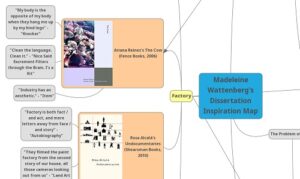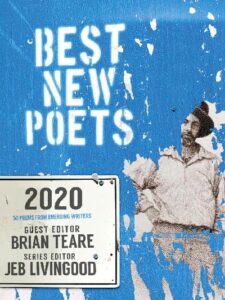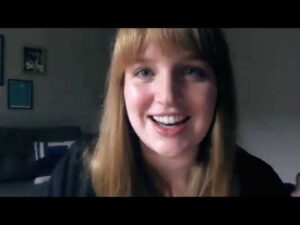
Writers’ Day Jobs: Jenn Scott
Fiction writer Jenn Scott shares her perspective on the craft of being a server in the restaurant industry: “I love juggling nine thousand things at once and smoothing over potential catastrophes.”


Fiction writer Jenn Scott shares her perspective on the craft of being a server in the restaurant industry: “I love juggling nine thousand things at once and smoothing over potential catastrophes.”

Assistant Editor Taylor Byas interviews Matt Mitchell about his debut collection, The Neon Hollywood Cowboy, in which Mitchell “spins us a record, songs of longing and love crooning from grainy speakers.”
“Hotshot” closes with the realization that sometimes a fire gets too hot and high for anything else to stop it. These final lines can also serve as a metaphor for addiction—sometimes the fire of it can only be put out with more fire…

Our contributor Joanna Pearson, psychiatrist and fiction writer, on how her day job relates to her writing life.

Up next in the Writers’ Day Jobs series, Yxta Maya Murray, a novelist, art critic, playwright, and law professor.

One way to make inspiration visible outside the poems written for a particular project is to visually map connections between sources–how does what you’re reading form an ecosystem?

The first in a new series of features on writers’ day jobs.

An interview with Diamond Forde about Mother Body, her debut collection of poems. From reviewer Marianne Chan: “These poems—with brilliant images and startling musicality—resist erasure and destruction…”

Announcing our nominations for the Best New Poets anthology–and two pieces we published that will appear in Best of the Net and The Orison Anthology…

Drama Editor Brant Russell interviews Beth Hyland about genre considerations in her play All-One! The Dr. Bronner Play and about the future of theater.
You don't have credit card details available. You will be redirected to update payment method page. Click OK to continue.